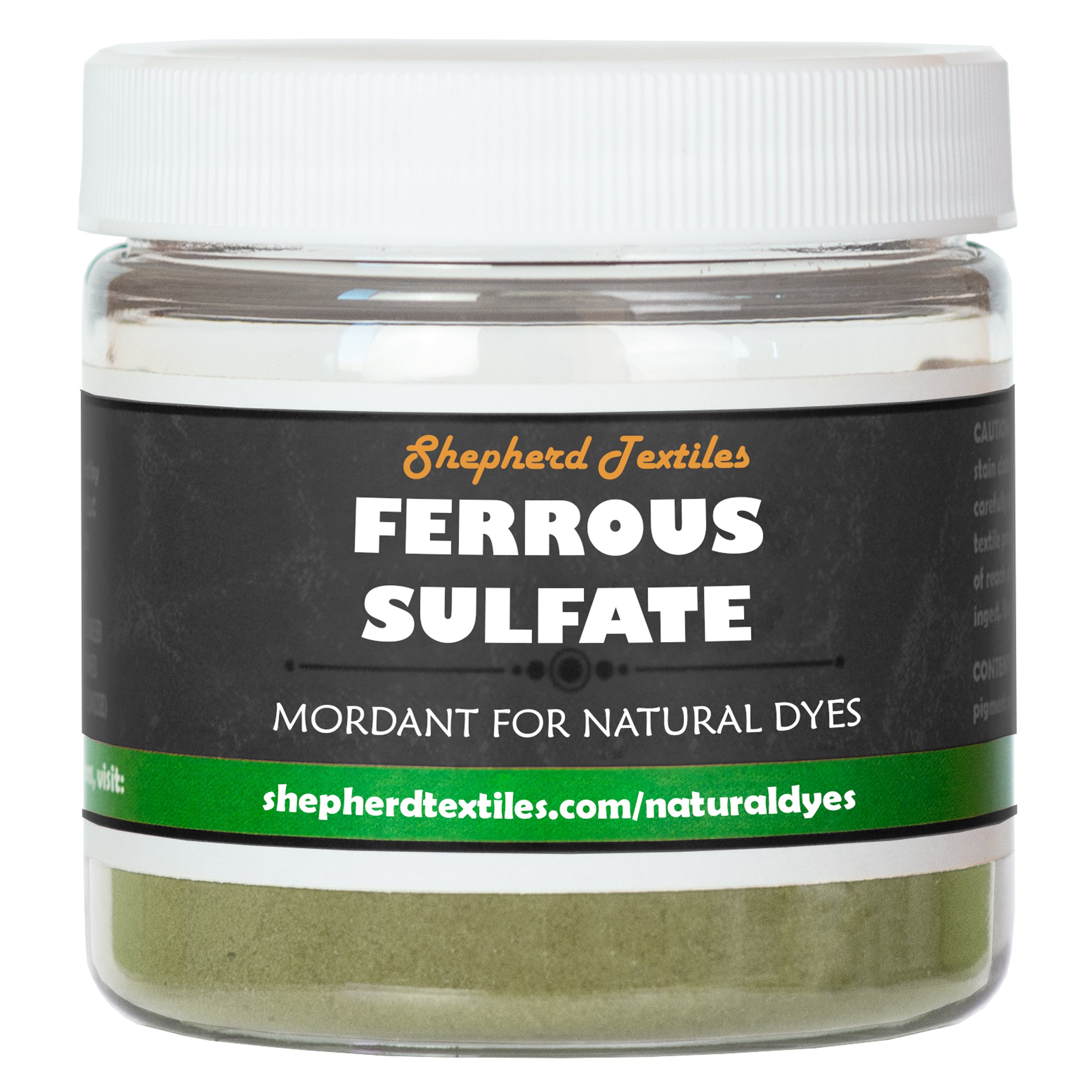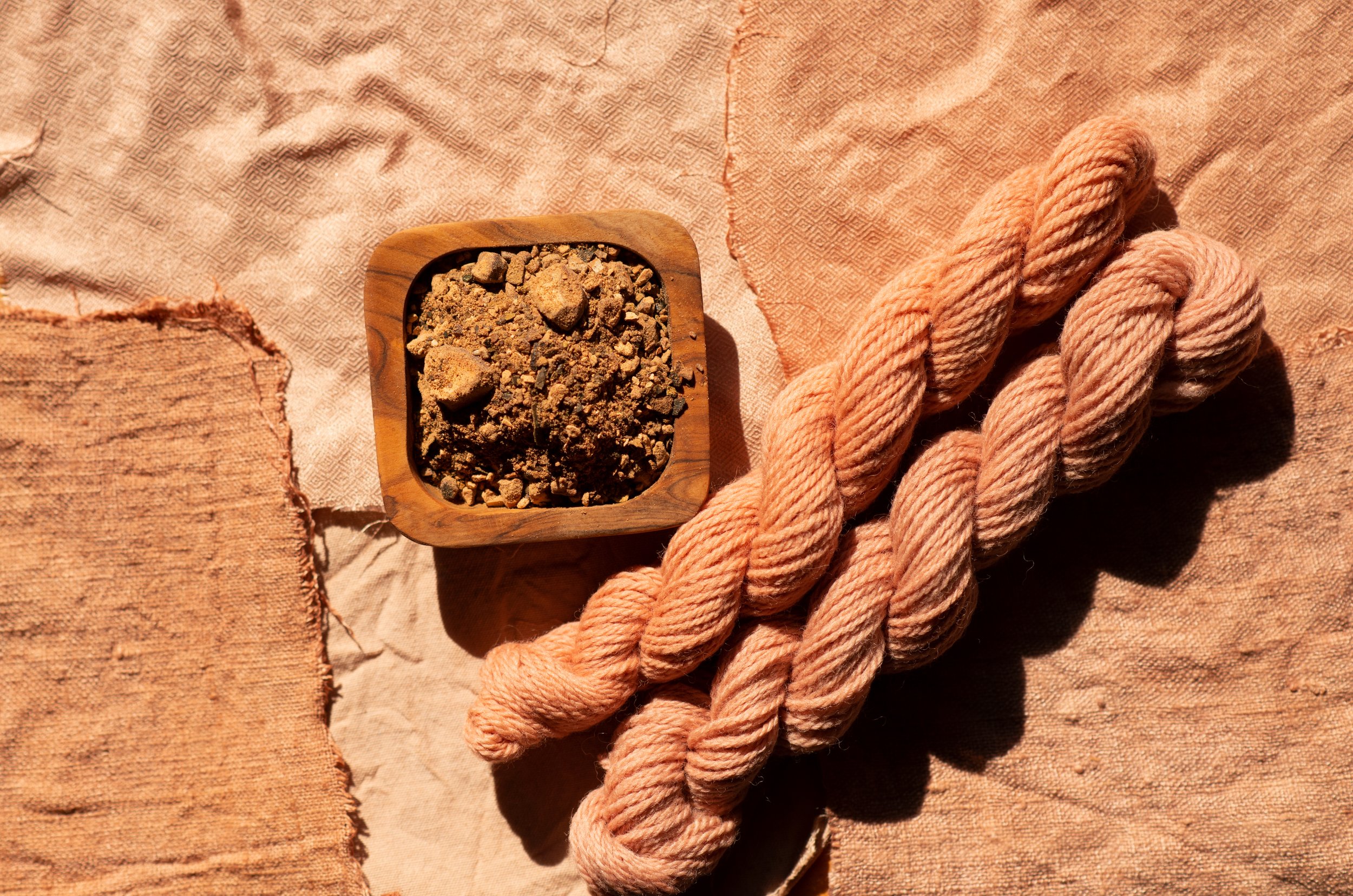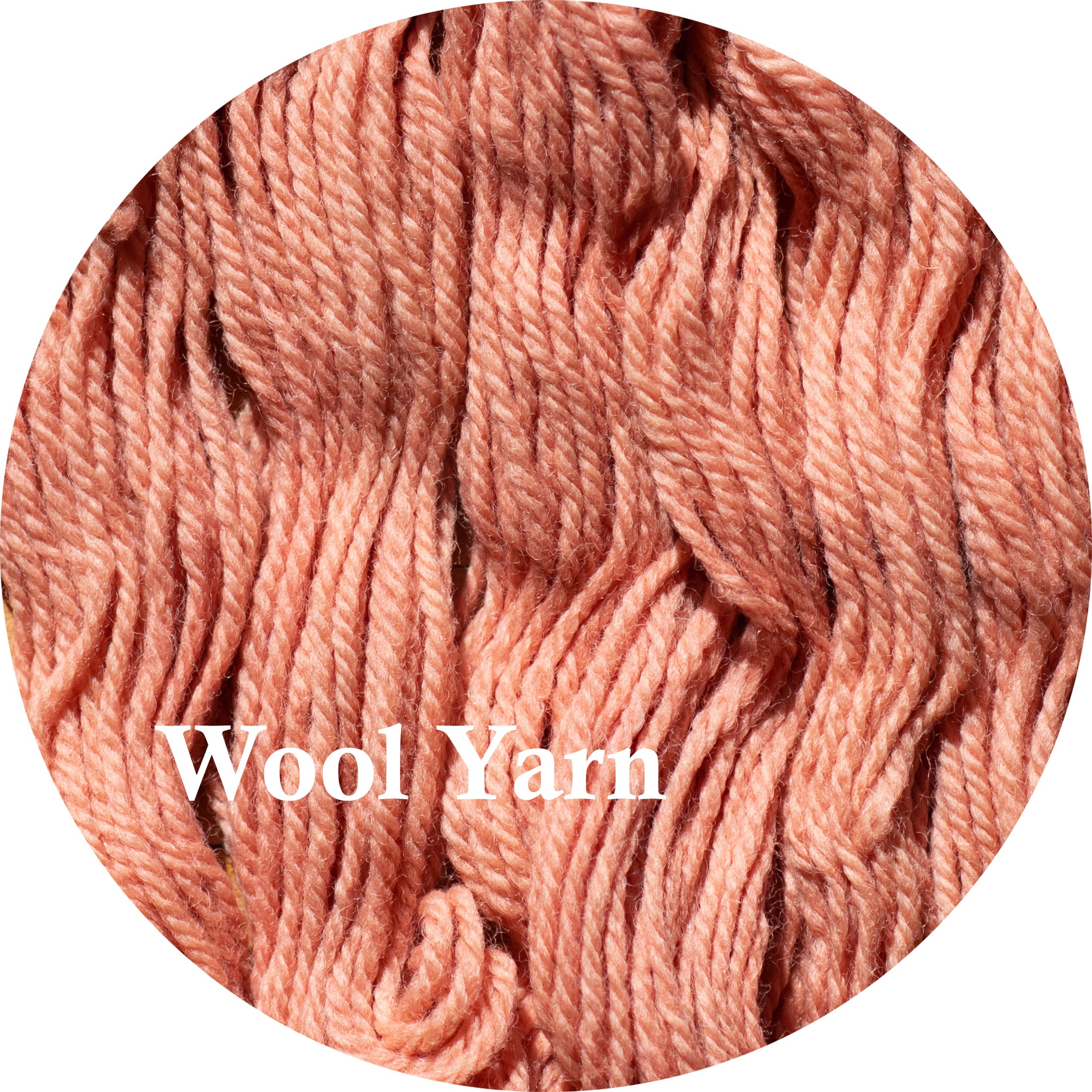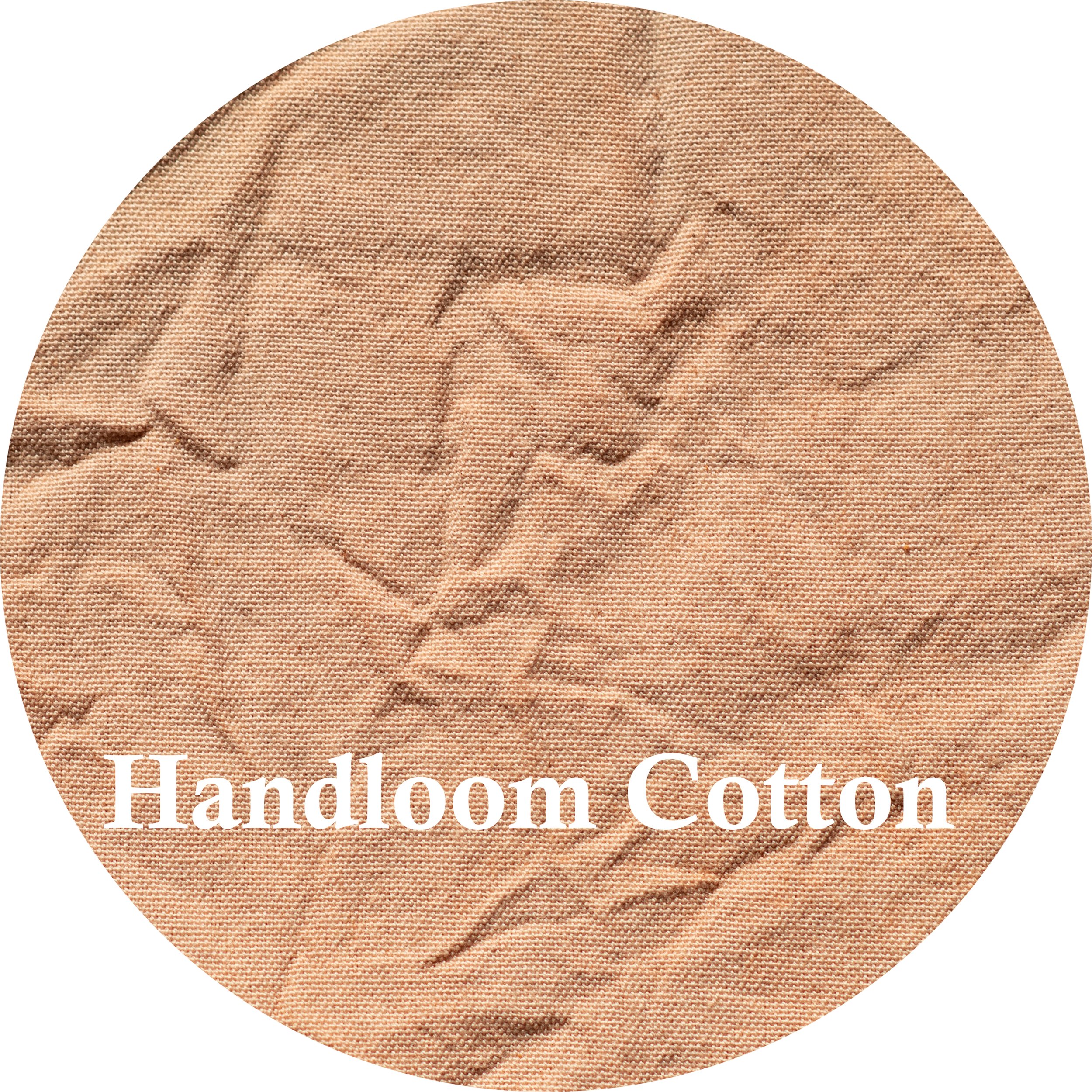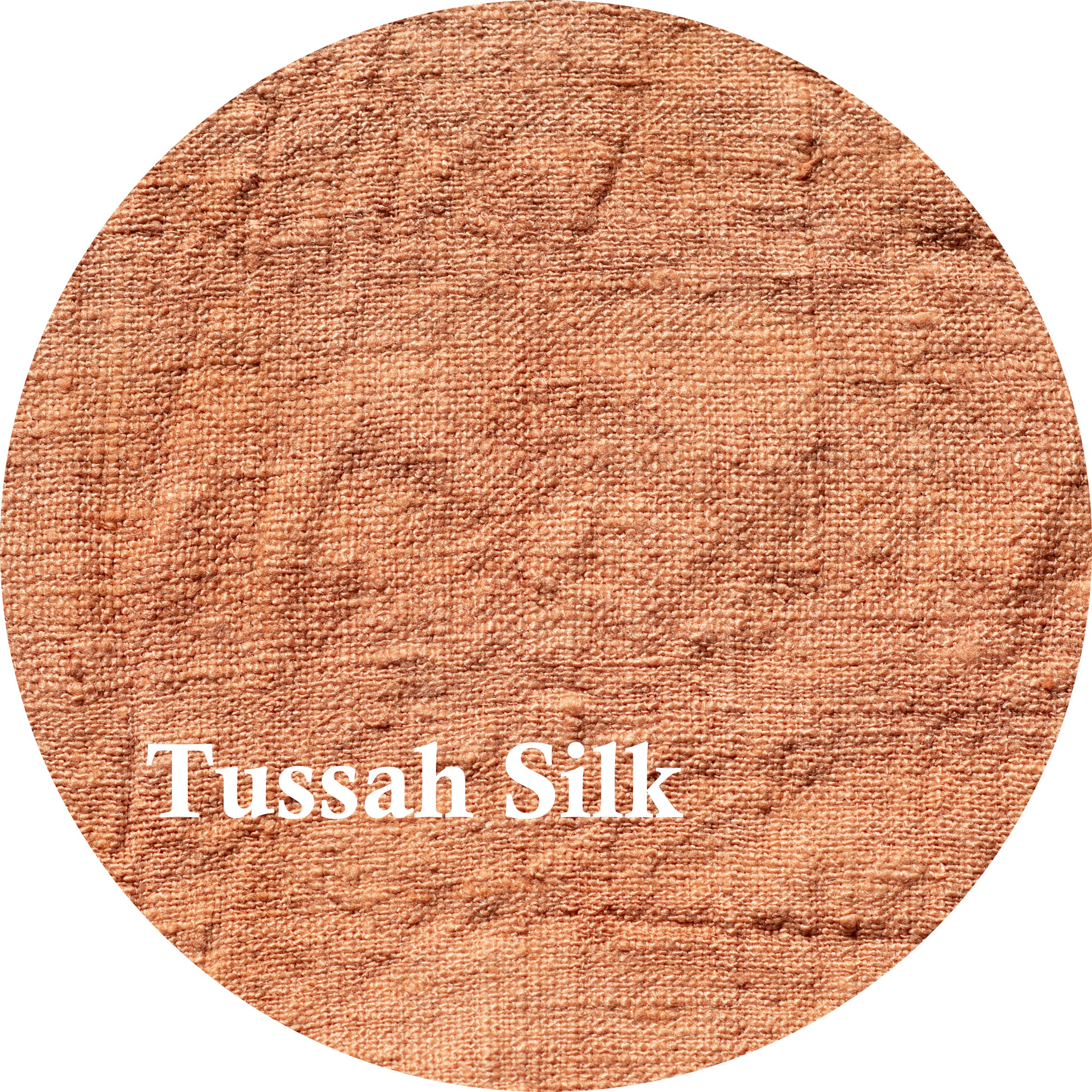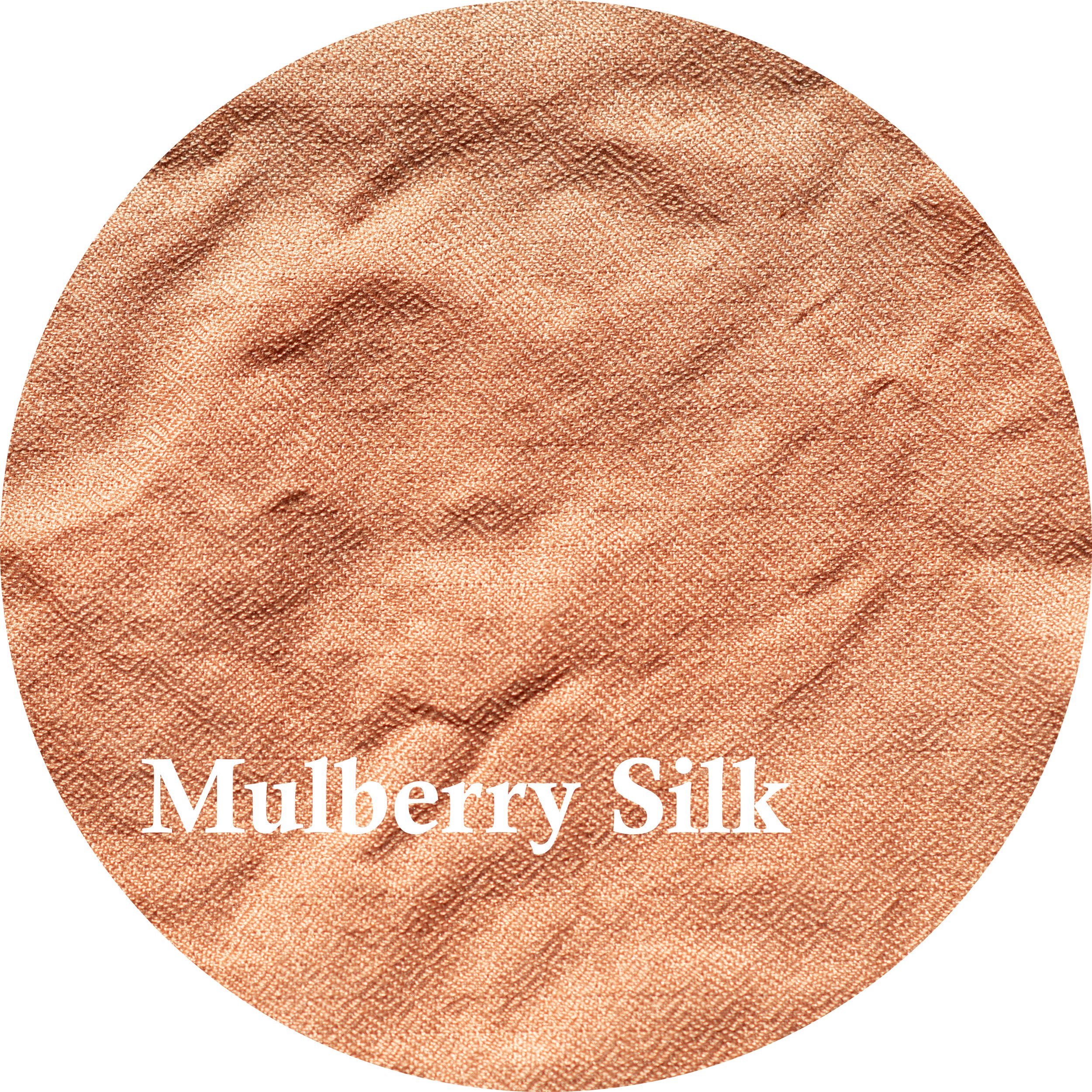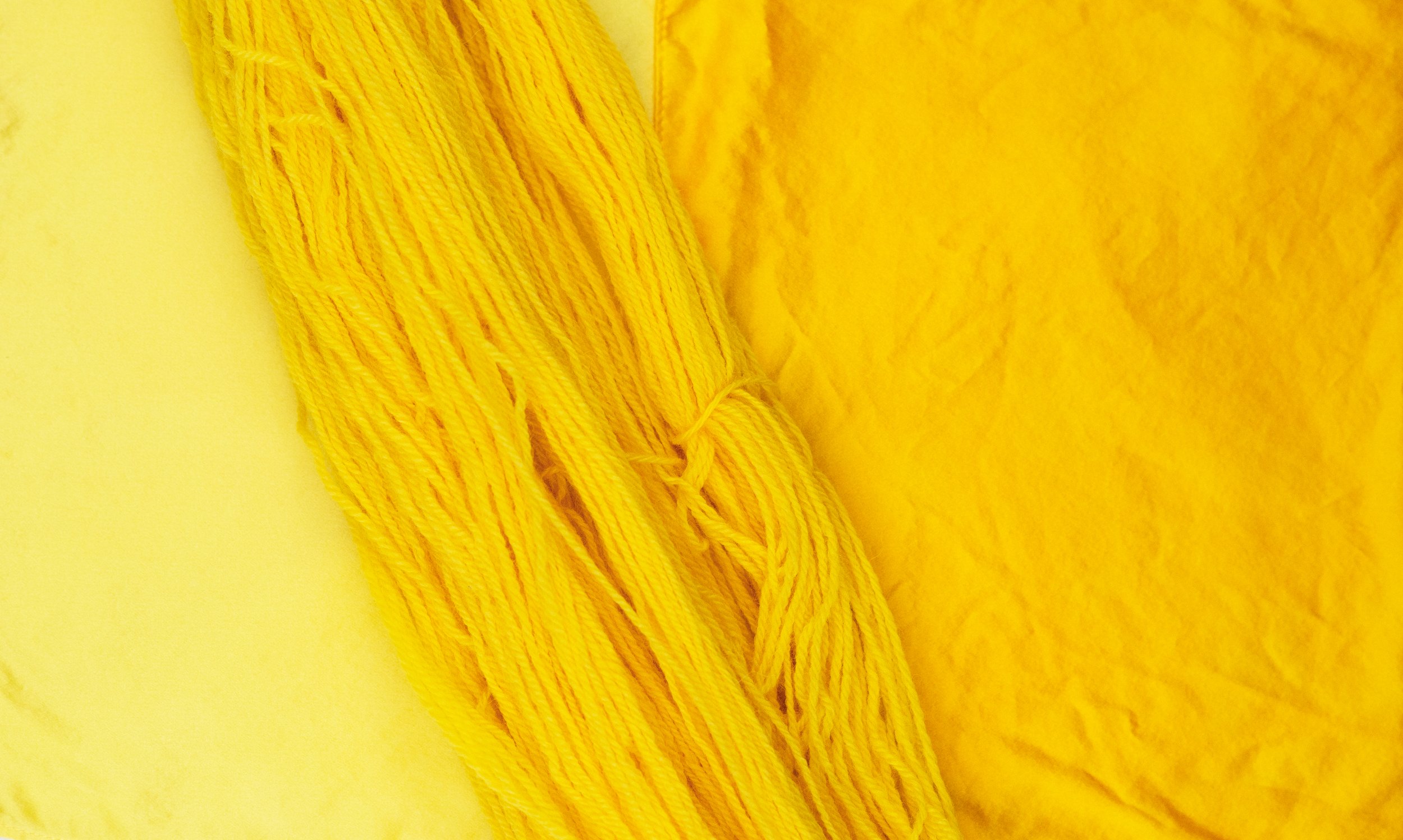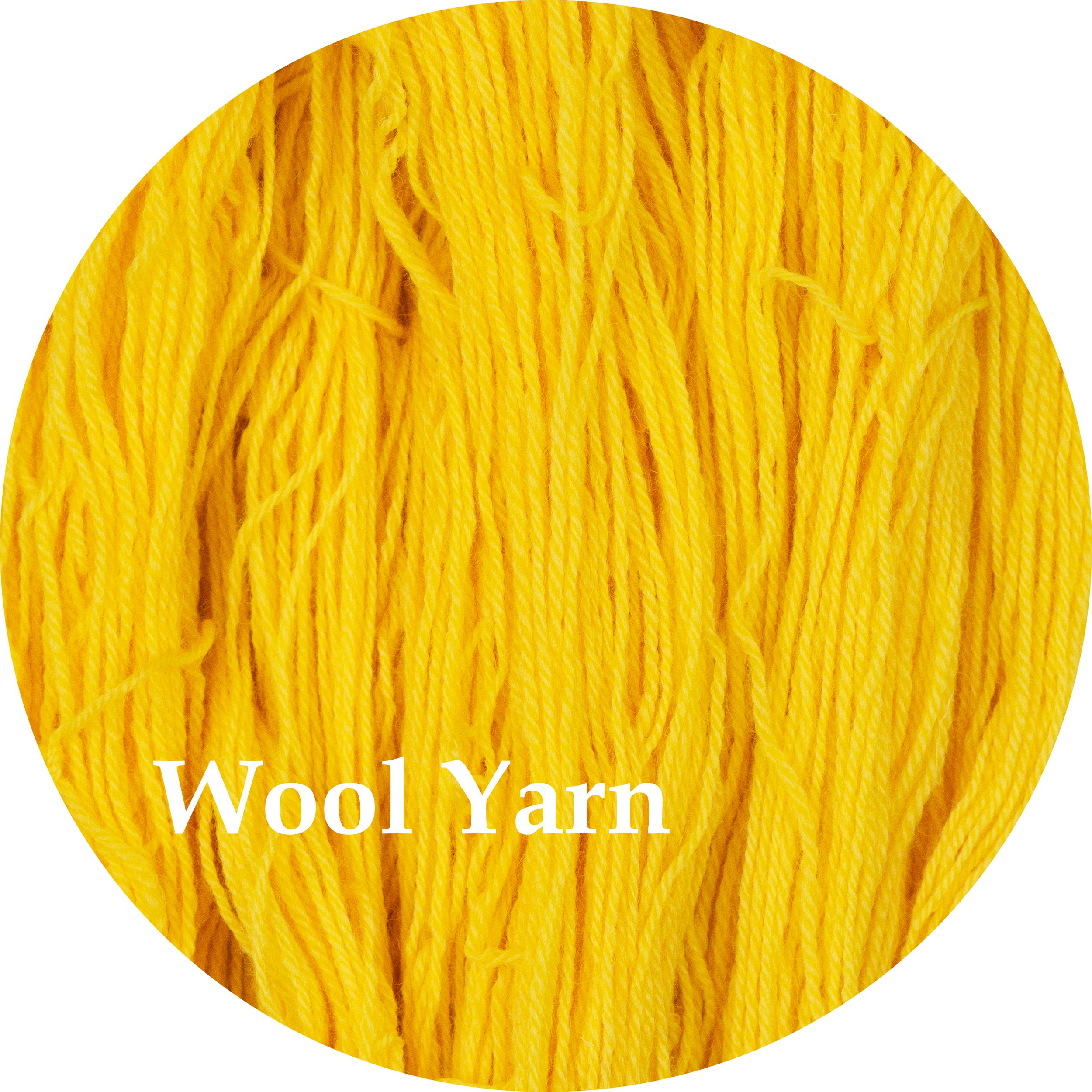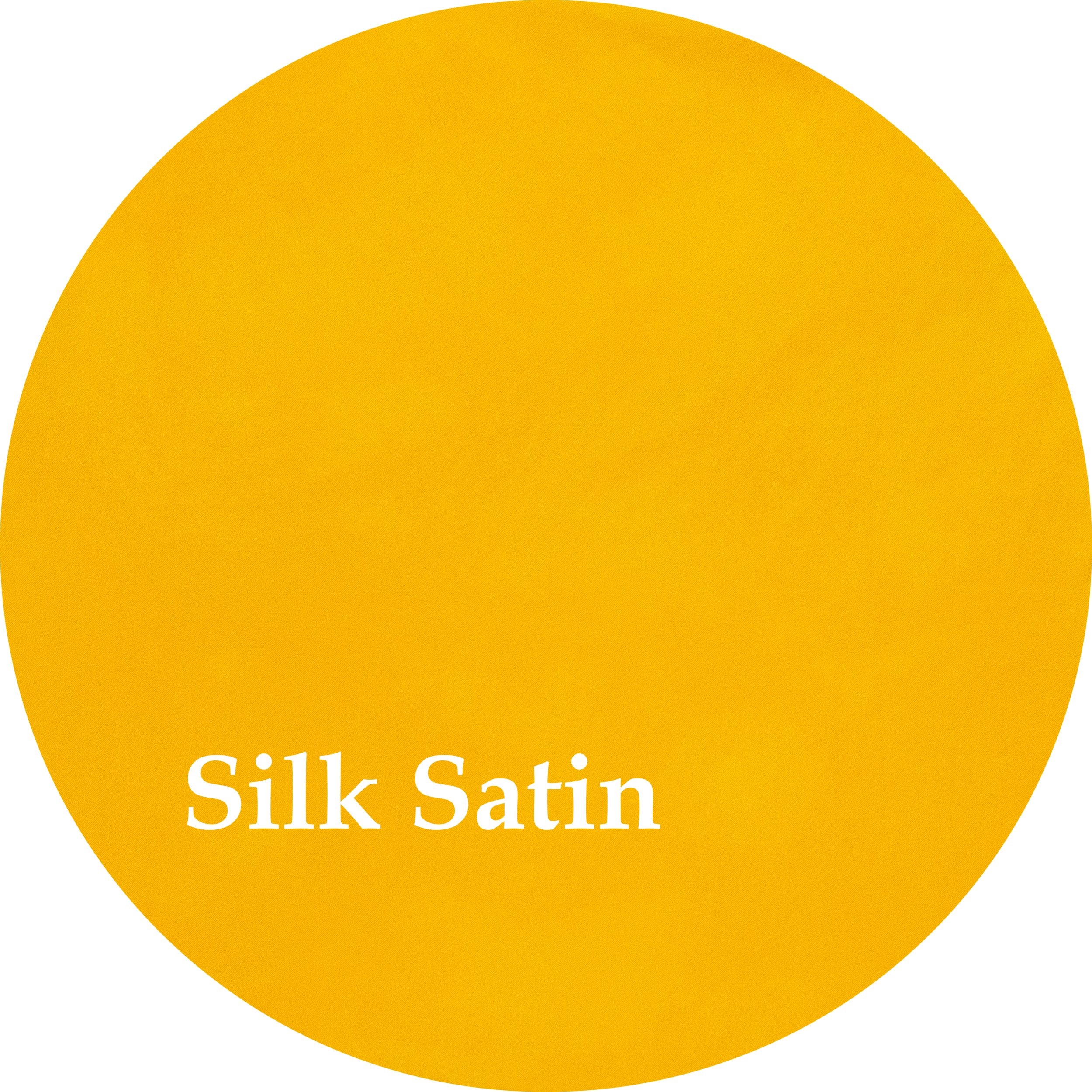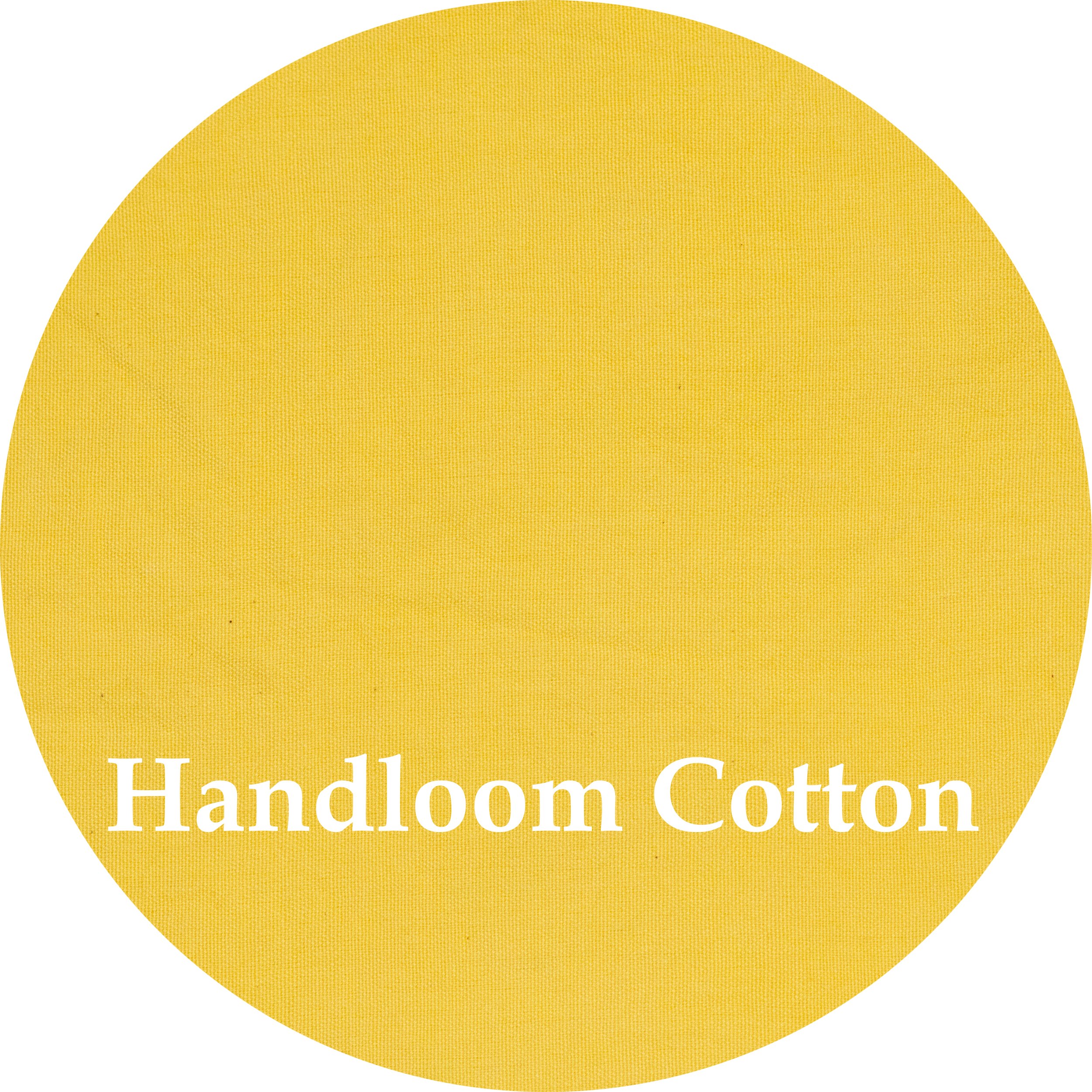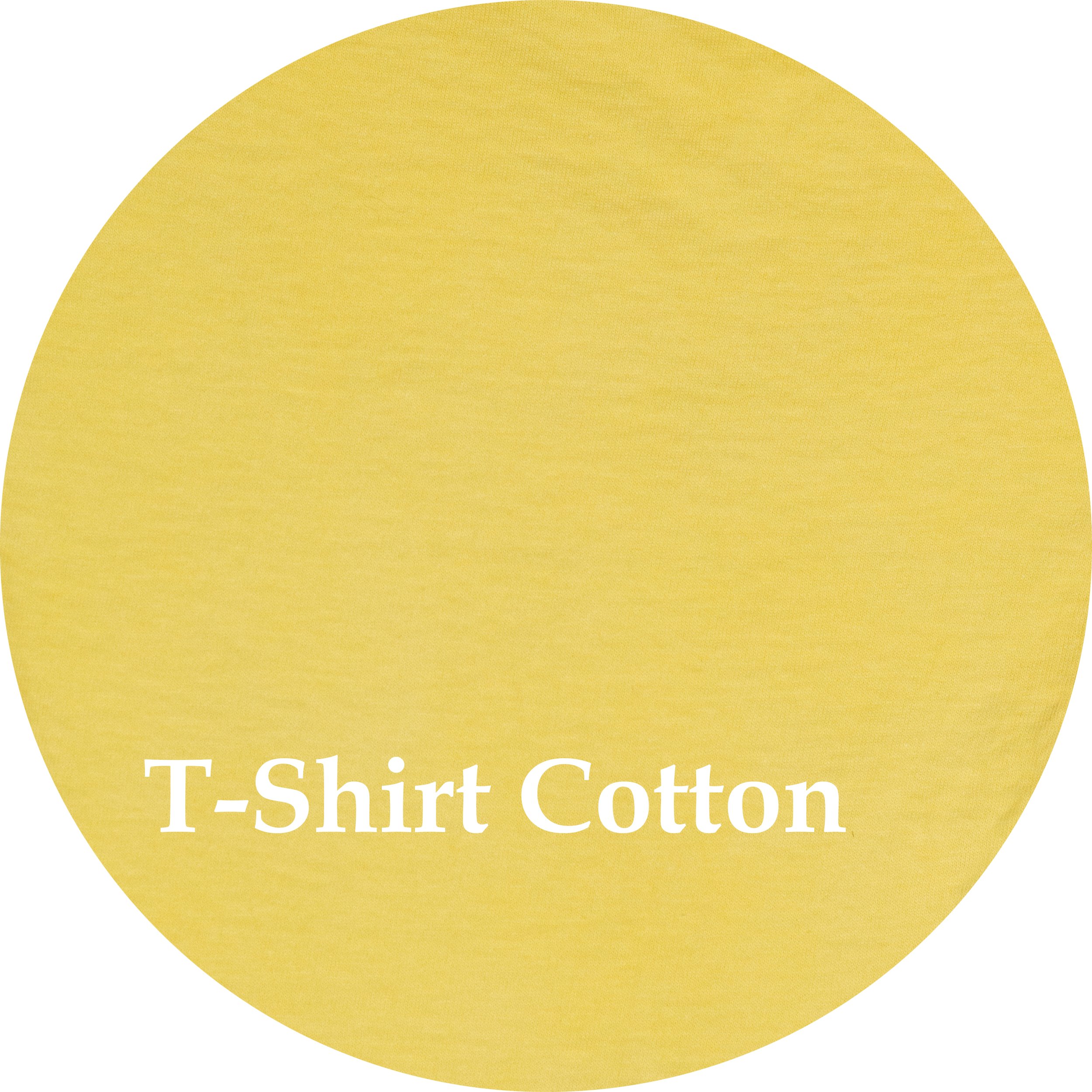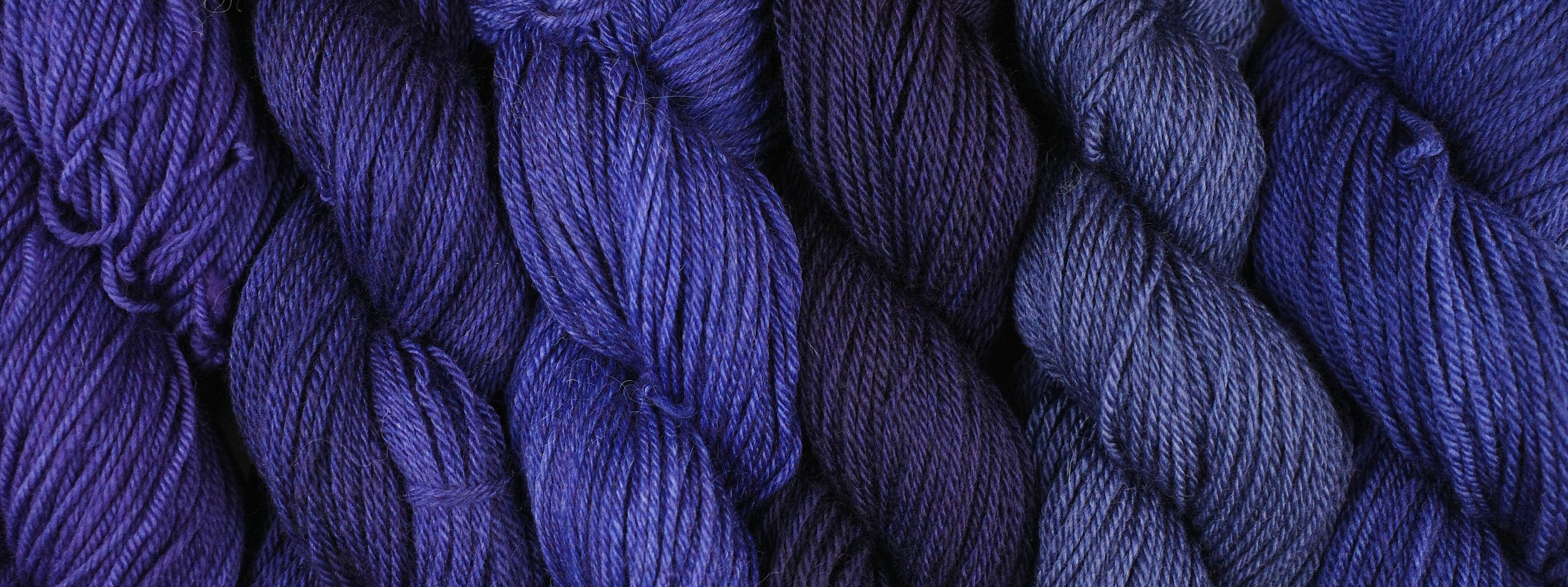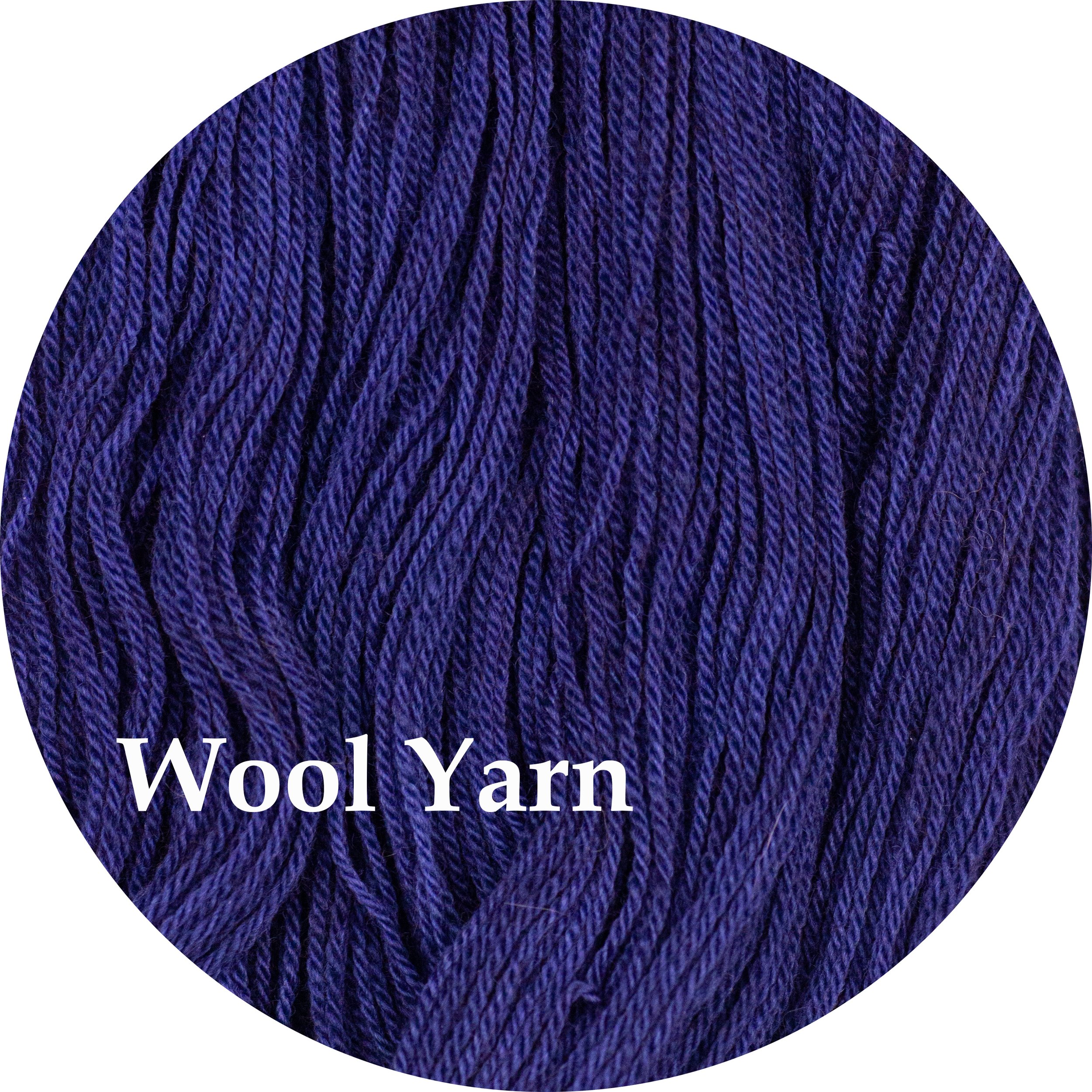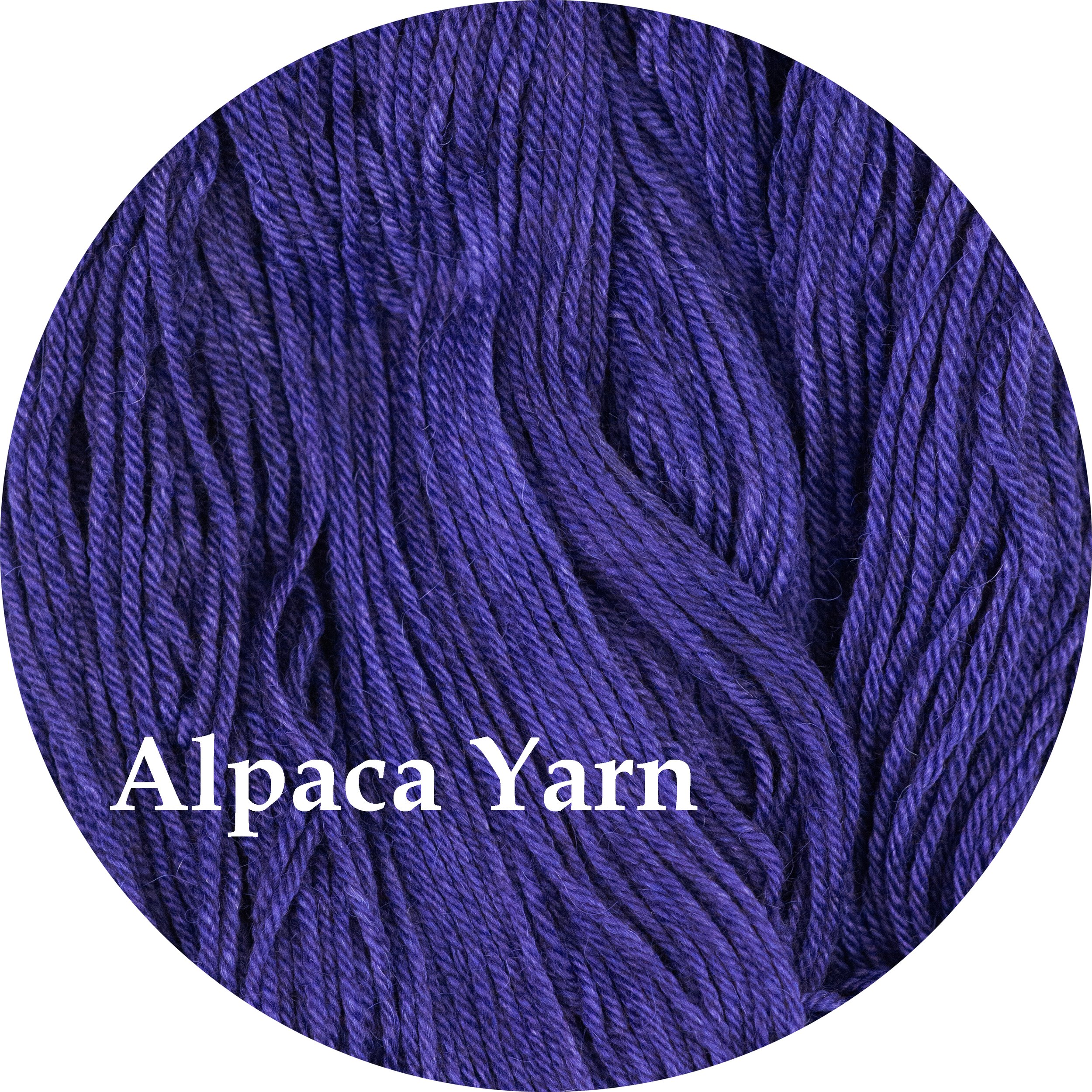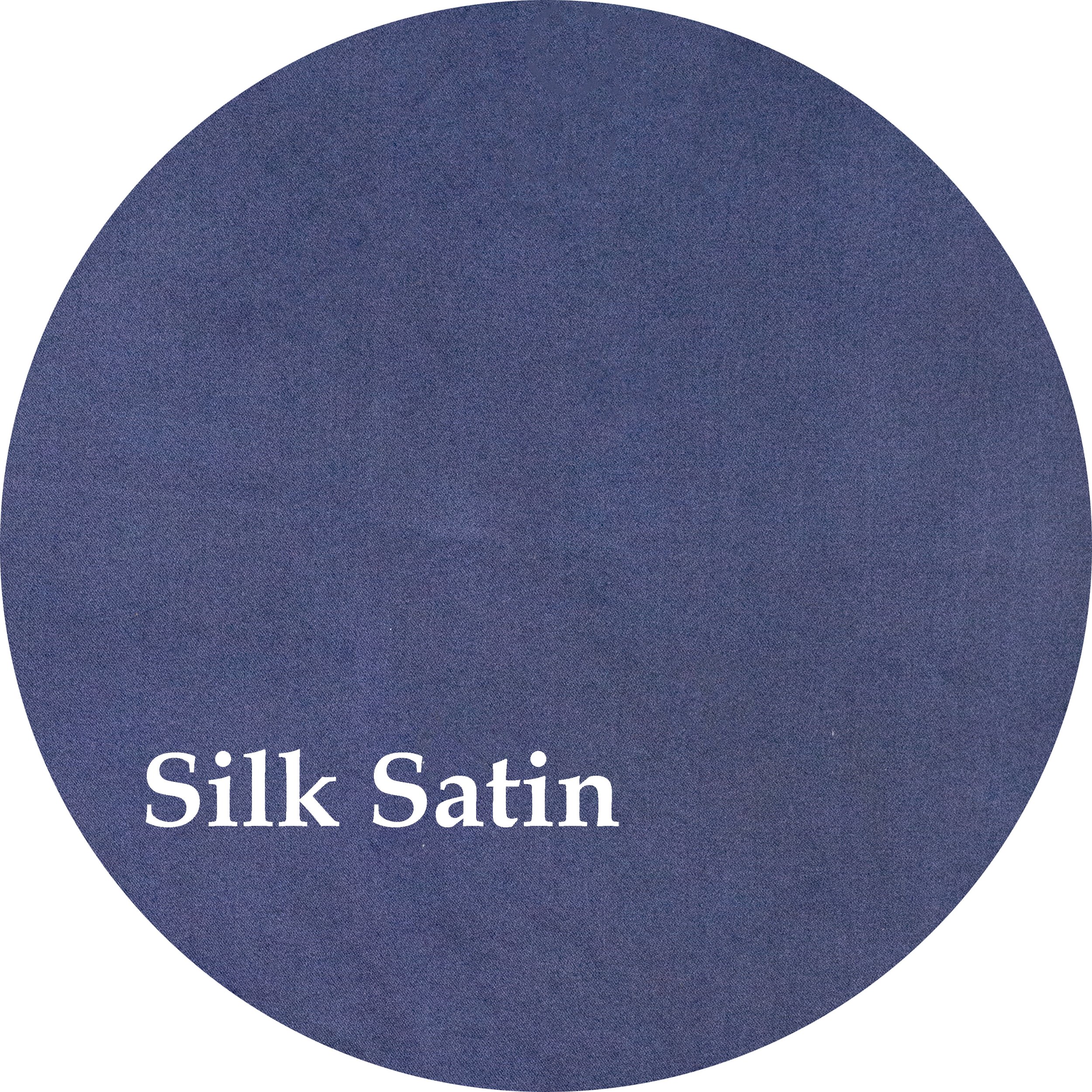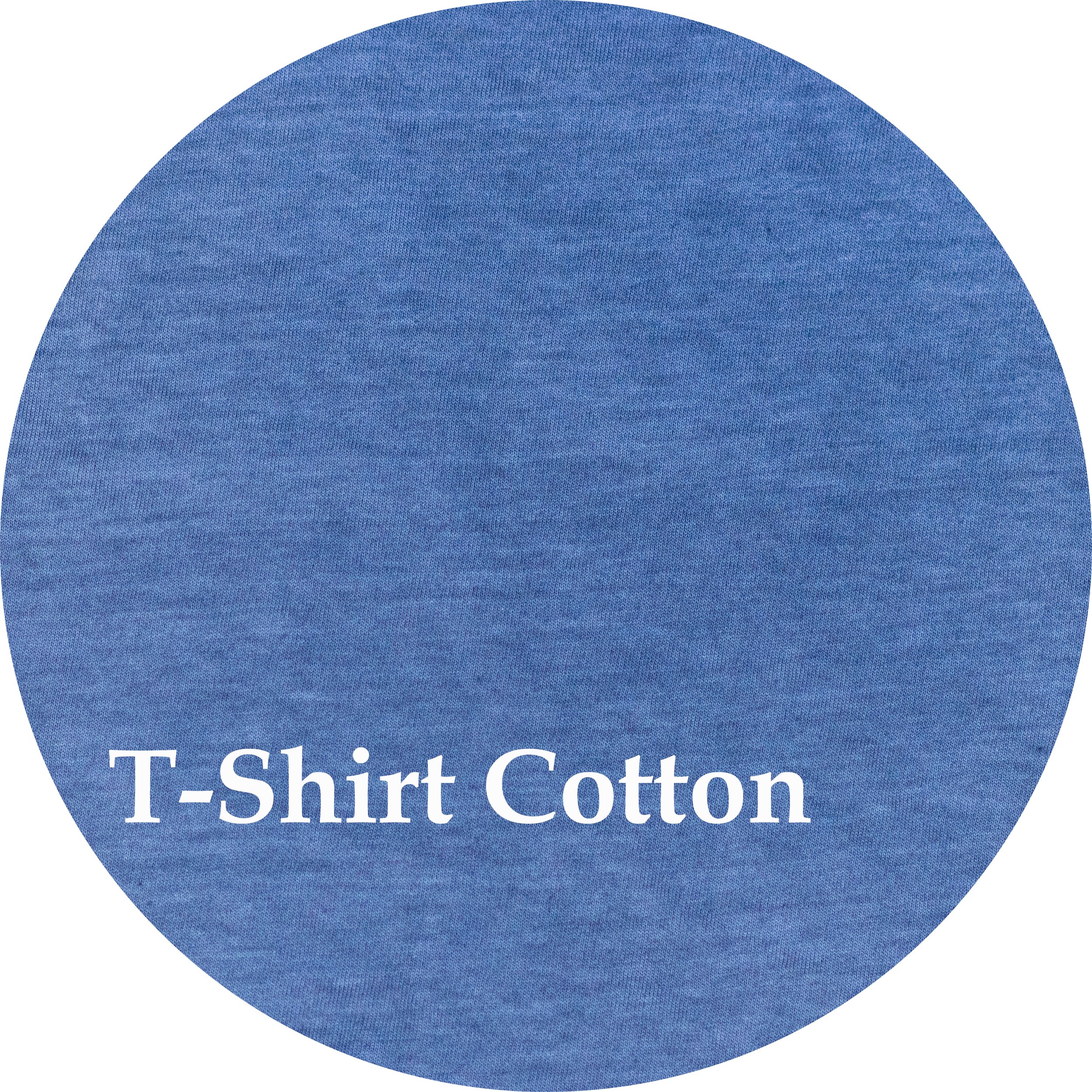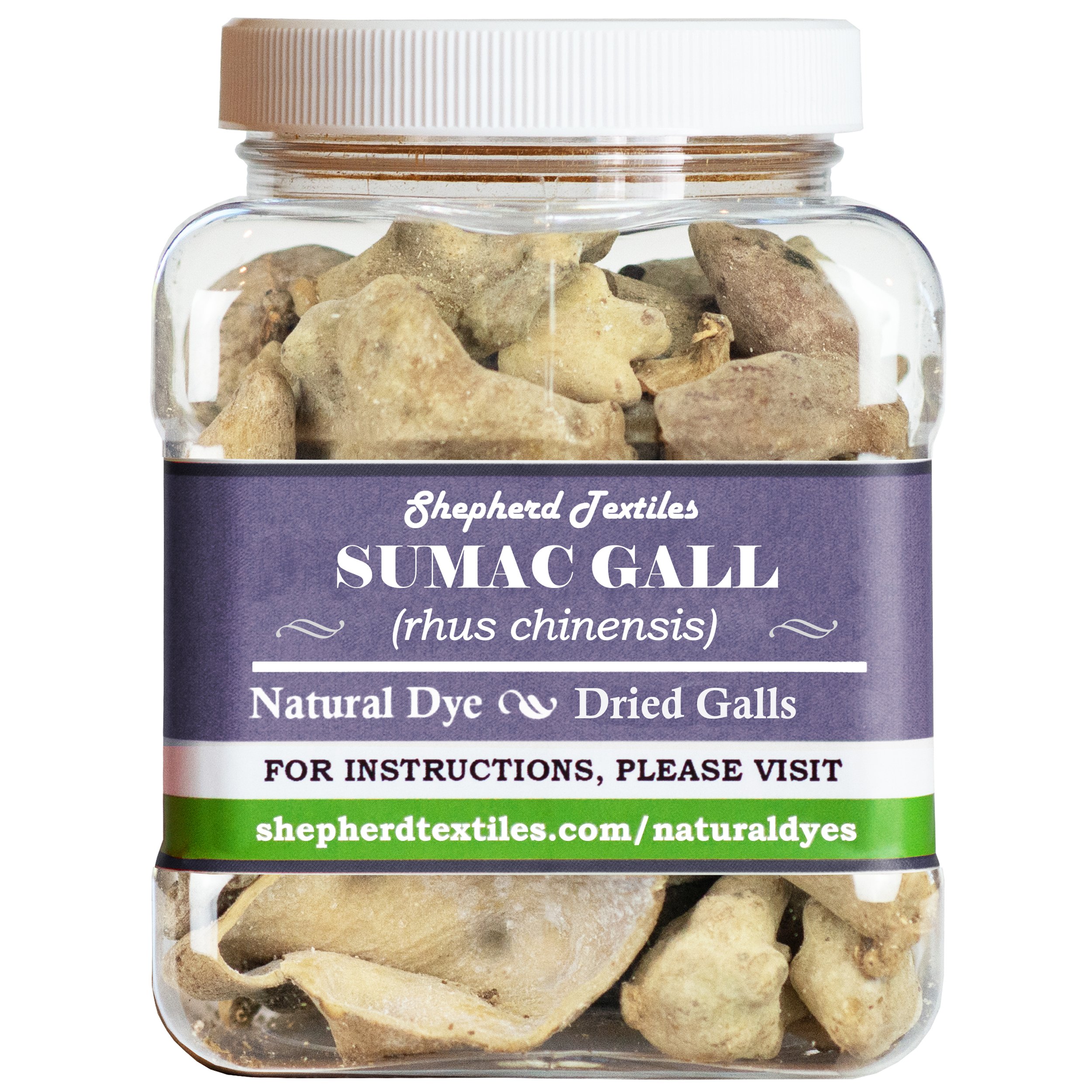 Image 1 of 6
Image 1 of 6

 Image 2 of 6
Image 2 of 6

 Image 3 of 6
Image 3 of 6

 Image 4 of 6
Image 4 of 6

 Image 5 of 6
Image 5 of 6

 Image 6 of 6
Image 6 of 6







Sumac Gall Natural Dye
Shepherd Textiles Sumac Gall Natural Dye contains whole galls taken from the branches of rhus chinensis, the Chinese sumac. The galls form when a specialized aphid, schlectendalia chinensis, lays its eggs on a sumac branch. This triggers the tree to grow a tannin-rich gall around the egg. The aphid egg eventually hatches inside the gall and in the autumn, adult aphids emerge. Chinese sumac galls are an extremely rich source of natural gallotannins, containing as much as 60% tannin matter by weight. They have been collected for centuries for tanning leather, dyeing fabrics, and making ink.
On their own, sumac galls produce a beige color on natural fibers. However, in the presence of iron, the tannins quickly sadden to shades of gray. Use at 100% weight-of-fabric for dark grays on cotton and silk or steel gray on wool. Crack the galls open and simmer for an hour to extract the tannins, then filter out the galls. Heat clean fibers in this sumac bath for an hour, then turn off the heat and let cool to room temperature. Next, prepare an iron saddening bath using 4% weight-of-fabric of ferrous sulfate. Heat it to 130F, transfer the fibers to the iron bath, and raise the heat to 190F for 20 minutes. Remove fibers and rinse well. For more details and color recipes, check out our Guide to Dyeing with Sumac Galls.
Product of South Korea.
Shepherd Textiles Sumac Gall Natural Dye contains whole galls taken from the branches of rhus chinensis, the Chinese sumac. The galls form when a specialized aphid, schlectendalia chinensis, lays its eggs on a sumac branch. This triggers the tree to grow a tannin-rich gall around the egg. The aphid egg eventually hatches inside the gall and in the autumn, adult aphids emerge. Chinese sumac galls are an extremely rich source of natural gallotannins, containing as much as 60% tannin matter by weight. They have been collected for centuries for tanning leather, dyeing fabrics, and making ink.
On their own, sumac galls produce a beige color on natural fibers. However, in the presence of iron, the tannins quickly sadden to shades of gray. Use at 100% weight-of-fabric for dark grays on cotton and silk or steel gray on wool. Crack the galls open and simmer for an hour to extract the tannins, then filter out the galls. Heat clean fibers in this sumac bath for an hour, then turn off the heat and let cool to room temperature. Next, prepare an iron saddening bath using 4% weight-of-fabric of ferrous sulfate. Heat it to 130F, transfer the fibers to the iron bath, and raise the heat to 190F for 20 minutes. Remove fibers and rinse well. For more details and color recipes, check out our Guide to Dyeing with Sumac Galls.
Product of South Korea.








